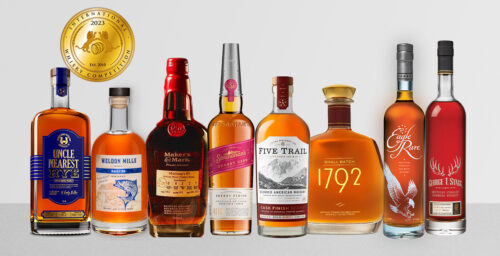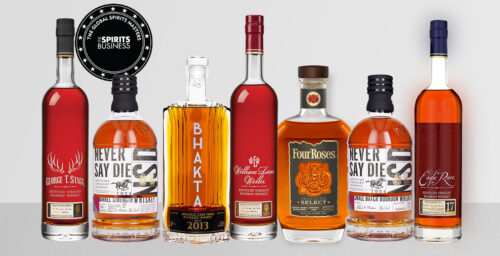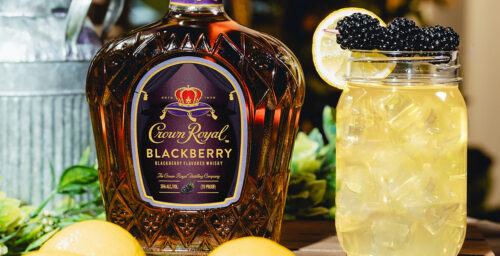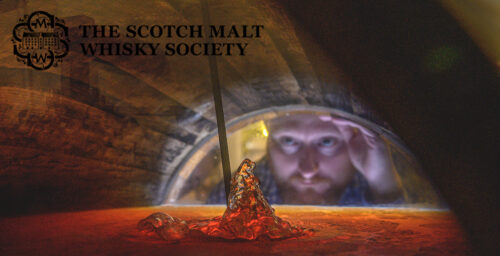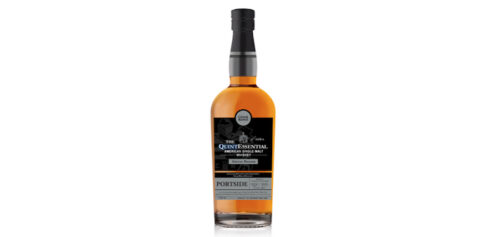Editor’s Note: This whisky was provided to us as a review sample by Balvenie. This in no way, per our editorial policies, influenced the final outcome of this review. It should also be noted that by clicking the buy link towards the bottom of this review our site receives a small referral payment which helps to support, but not influence, our editorial and other costs.
The Balvenie Distillery, located in Dufftown, Scotland, is a producer that takes the concept of “traditional method” to its logical extreme. Every step of the distilling process, from harvest to bottling, is done on-site, a relative rarity, and they take pride in their old-school methodology.
Referred to as The Five Rare Crafts, these processes include:
- Sowing and harvesting barley on their 1000-acre farm overlooking the distillery
- Malting the barley on a malt floor, which provides a more aromatic and earthy flavor compared to modern malting processes, and of which only a handful remain in Scotland
- Distilling in copper stills in the trademark “Balvenie Ball” shape with high necks sporting rounded bottoms at the base (and a coppersmith on-staff to make the occasional repair)
- Aging in barrels cooped on-site, by on-staff coopers
- And maintaining high quality standards at the behest of the malt master, a position currently held by David C. Stewart
After William Grant opened the Balvenie Distillery in 1892, it became a steadfast producer of whisky for about 30 years, until Grant’s death in 1923. At this point his son John Grant took over, and after taking a few years to observe the lay of the land, he made one of the most important contributions to the distillery. In 1929, the original maltings were replaced with a malting floor. It must have been a successful transition, for as mentioned above, the distillery still employs the malting floor today.
Considering Balvenie’s strong focus on traditional, close to home methodology, malt master Stewart has made some interesting pushes in new directions since signing on in 1962 at age 17. After working his way up to his current title, Stewart began experimenting in the late 80s with finishing whisky in different barrels, and eventually in wine casks. In fact, Balvenie claims to be the first distillery to do so, and further credits Stewart specifically for the innovation. Unfortunately, Glenmorangie Distillery can make a similar claim which can be tracked back to a similar time frame, so like many innovations in food and beverage, the pioneer of the technique is largely debatable.
Still, none can deny that in recent years Balvenie has become nearly synonymous with cask finishing. While their Doublewood line may be more well-known, the team at Balvenie Distillery has stepped a bit further outside of their comfort zone with the newest release: The Balvenie French Oak 16. While most whisky finishes employ casks from Port, Madeira, oloroso, or other similarly rich fortified wines, The Balvenie French Oak 16 trusts its drinker to pick up on brighter notes arising from its finish in Pineau casks (a fortified wine distinct from pinot noir, and much more vibrant than the latter.)
The risk pays off, if not in world-shaking fashion. The whisky turns out to be extremely light, as one might expect, but the flavors are present and strong even so. For a Scotch, it is shockingly upbeat and sips closer to wine than a spirit, with an abundance of fruit and a cool, dry finish.
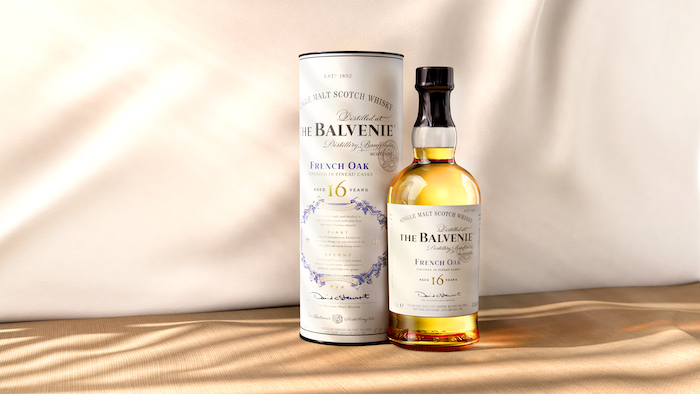
Tasting Notes: The Balvenie French Oak 16
Vital Stats: 95 Proof (47.6% ABV), aged 16 years in French oak and finished in Pineau casks, ~$217.99/750mL bottle.
Appearance: Very light golden color, and so low in viscosity that it nearly appears to be Pinot Gris.
Nose: A strong strawberry note is immediately apparent, with a backing of citrus, wildflower honey, and grass.
Palate: The honey is more dominant here, accompanied by a mild spiciness reminiscent of allspice. The mouthfeel is easygoing and quite dry. It’s a pungent whisky, but a grapefruit note provides a touch of bitter to balance out the sweet cinnamon graham cracker finish. There’s just a touch of cool smoke on the finish.


